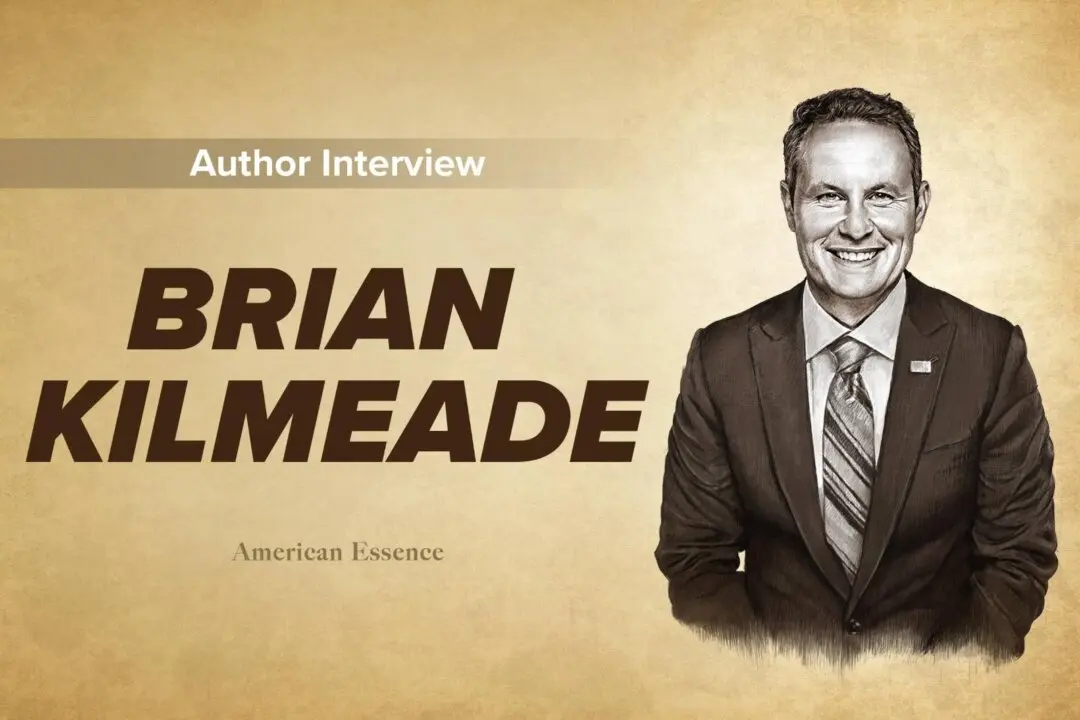“History, to me, is so easy to sell,” said Brian Kilmeade. “If it’s done with passion, you can’t say that it’s boring and uninteresting.”
Most people know Mr. Kilmeade as co-host of the Fox News morning show “Fox & Friends.” He’ll be the first to tell you he loves his job. But his passion is history. Mr. Kilmeade is the author of eight books, all related in some way to American history. His first two, written more than 15 years ago, are sports-related. His last six, however, discuss more serious historical matters.






